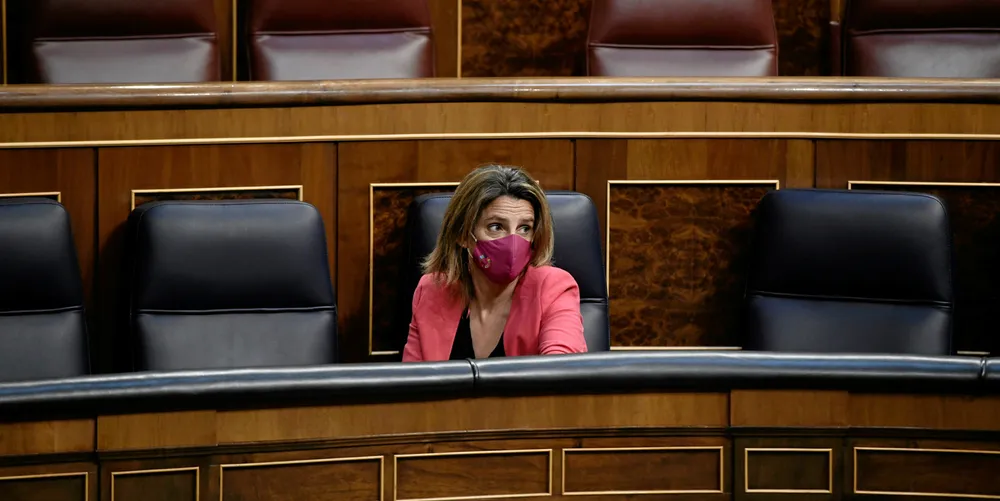Spain bans new oil and gas exploration, while supercharging renewables
New climate law also prohibits sale of petrol and diesel vehicles by 2040, and the production of fossil fuels from 2043

New climate law also prohibits sale of petrol and diesel vehicles by 2040, and the production of fossil fuels from 2043
